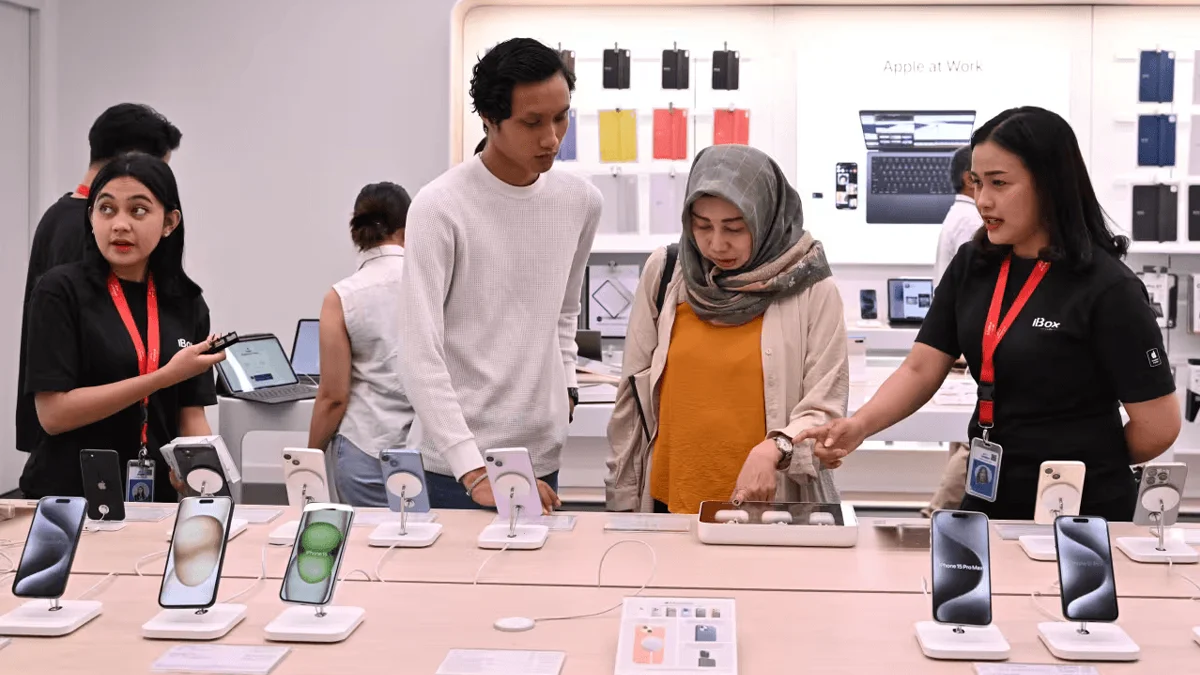Necessary Always Active
Necessary cookies are required to enable the basic features of this site, such as providing secure log-in or adjusting your consent preferences. These cookies do not store any personally identifiable data.
|
||||||
|
||||||
|
||||||
|

Apple reached an agreement with Indonesian government lifting the ban on iPhone 16 in the country. This ended the five-month discussions happening between Indonesia and Apple, as per the people connected with the deal. According to Yahoo Finance, the Ministry of Industry is all set to a memorandum with Apple as soon as this week. A press conference is expected, during which the ministry will issue a permit allowing the sale of the iPhone 16.
Indonesia has strict policies on the manufacturing of smartphones to promote local manufacturing and investment. The government had previously refused the permit for the sale of iPhone 16 because Apple did not meet such local procurement and investment conditions. Previously, Indonesia also persisted in the ban on Apple’s sale of iPhone 16 despite the tech giant offering to invest $1 billion to start a manufacturing unit.
The tech giant negotiated with Indonesian authorities and came to a deal to increase Apple’s investment in Indonesia. The smartphone maker agreed to enhance local partnerships. Apple proposed $100 million investment in Indonesia to extend its supply chain in the country. The action mirrors Indonesia’s overall aim to grow its role in the global manufacturing of technology.
While full details of the Apple and Indonesia agreement have not been disclosed, sources suggest that Apple has agreed to:
These commitments likely played a crucial role in persuading the Indonesian government to lift the iPhone 16 ban.
With the ban lifted, Apple will be able to proceed with the release of the iPhone 16 in Indonesia. The nation is a growing market for these smartphones. Getting a strong hold over Indonesia will help Apple in strengthening its position in the region as the company’s sales in China are declining due to high competition. By following Indonesia’s smartphone manufacturing rules, Apple can not only be its latest iPhone model retail but can also strengthen its position in Southeast Asia.
Apple and Indonesia’s agreement is a major milestone in eliminating trading tension and increasing the appearance of Apple in the region. As Apple deepens its investment in Indonesia, the nation benefited from increasing technology development, employment and economic growth. Now with a ban on the iPhone 16 removed, Indonesian consumers will soon be able to reach Apple’s newest flagship phones. It will help in making Apple compete in one of the fastest growing smartphone markets in Asia.